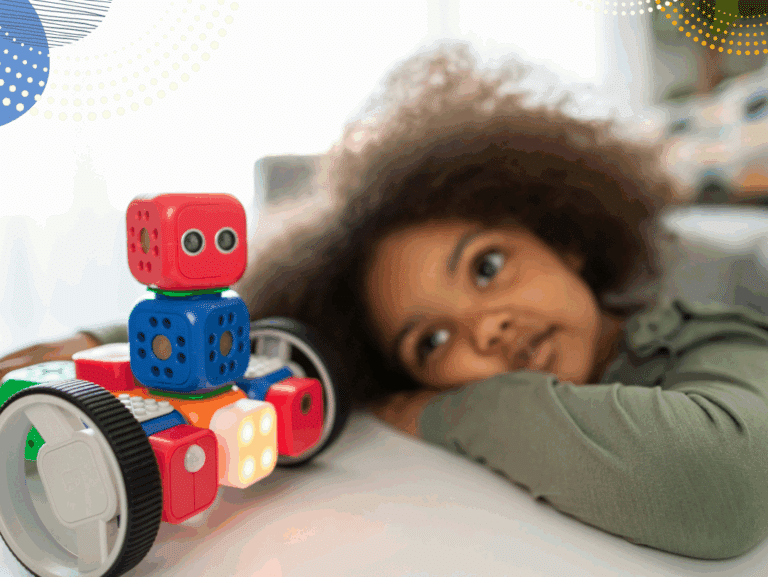The importance of good transition routines between work and home
Very few working parents use the same skills set at work as they need at home. Work skills tend to be task-focused and efficiency-driven. Whereas children need emotionally attuned parents who are curious and playful and empathetic. Developing good transition routines between work and home and learning how to switch successfully from ‘work mode’ to ‘parent mode’ is essential.
Good transition routines help working parents to:
- let go of work stress
- park work worries and thoughts until the next day
- refocus on family issues
- arrive home ready for the joys and challenges of a family evening
Being a calm consistent parent after a long day at work isn’t easy. Good parenting means standing your ground when children push at boundaries, firm but fair. It involves tuning in to your child, making decisions they don’t like, and managing your own emotions in the face of a child who has not yet mastered theirs. That is a big ask at the end of a long working day when you only have an hour to spend with your child and school has already filled that hour with homework.
Good transition routines between work and home can be the difference between starting the evening ready to snap and walking into the house relaxed and resourced for the family evening ahead.
Here are my top tips for developing good transition routines that work for you:
Deal with stress
Stressed-out parents over-react. Stress makes us more judgemental and less likely to connect emotionally with our children. Too much stress damages parent-child relationships. So deal with your stress before you walk in the door. Take a few minutes to close your eyes and breathe deeply and slowly. Download a mindfulness app on your phone for the bus journey home. Walking or bike riding can be great stress-relievers if you can build these into your journey. Find a stress-relief strategy that works for you and use it on the way home.
Change your thoughts
Reading a novel on the train is a great way to refocus your thoughts away from work. Audiobooks are great if you are driving. Or try listening to a funny podcast on your phone. If your head is swirling with unfinished work tasks, write these down on a piece of paper. Then fold the list up and put it in your bag for the next morning.
Don’t arrive home hungry or thirsty
Being hungry or thirsty makes even the best of us narky and more likely to snap. If you have been too busy to eat or drink enough at work, be sure to buy a bottle of water and a healthy snack on the way home. It’s worth taking an extra five minutes to rebalance physically so that you don’t walk into the house completely drained of energy.
Be fully attentive
You know the kids are going to want a piece of you as soon as you walk in the door (and possibly your partner will too). So accept that and don’t try to do anything else for the first 15 minutes. Be fully attentive to them. Once the connection has been re-established, they will be much happier to let you disappear for a few moments to get changed or do what you need to do. (You’ll find lots more detail on this in my book!)
Change your clothes
It sounds really simple but most of us wear a uniform to work of one sort or another – a suit and tie, a smart blouse, heels and make-up. Changing out of your work clothes into your home clothes is a great psychological trick to help your brain change into parent mode.
Play with your children
Play is a great way to switch modes, relieve stress and reconnect with your children. Half-hearted play while your brain is on other things is no good – you have to fully immerse yourself in playing and actually have fun. Spend 15 minutes playing with your child wholeheartedly – forget you are a grown up. Tune into your child’s play thoughts, suspend your typical roles and enjoy it… (see Why play is good for parents).
Disrupt negative routines
Sometimes we can fall into a bad routine and everyone gets into a negative habit that seems to repeat each day. Don’t keep doing the same things if it isn’t working. Get disruptive and try something new. When you pick the kids up, go straight to the park and have a picnic. Or bundle everyone into the car when you get home and go to the cinema. Disrupt the routine to allow a new mode of interacting with each other to get established.
Found this useful? You’ll love my book!







Thank you! This made me laugh as it’s things I always try to do these tricks but there are some days where I struggle to get work out of the brain. Lists may be the trick! I’ll try it 🙂
Keep trying until you find something that works!